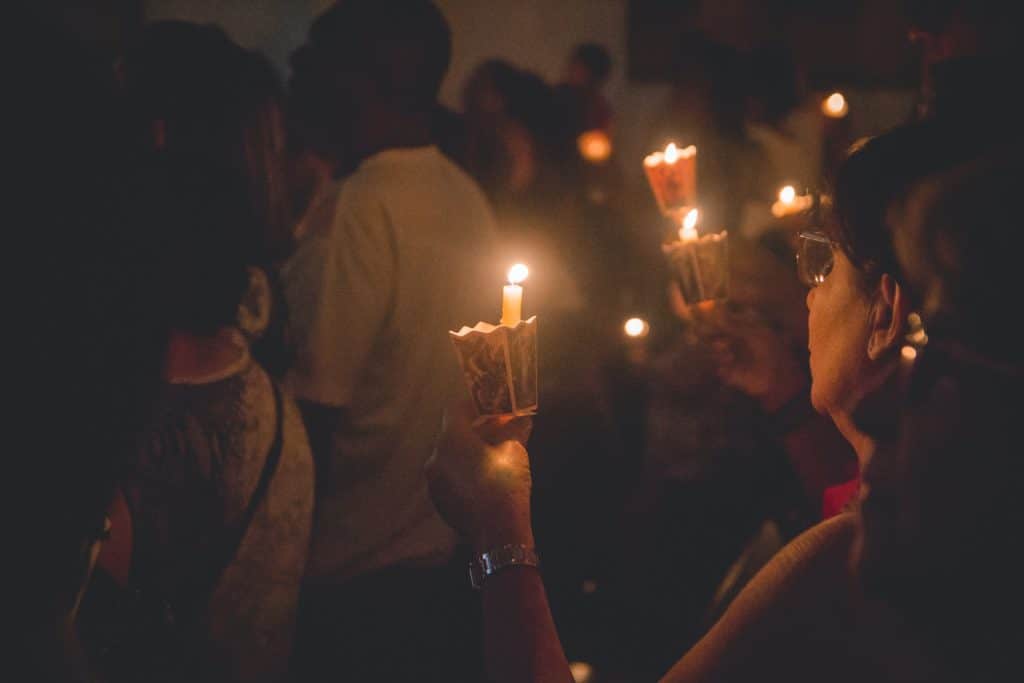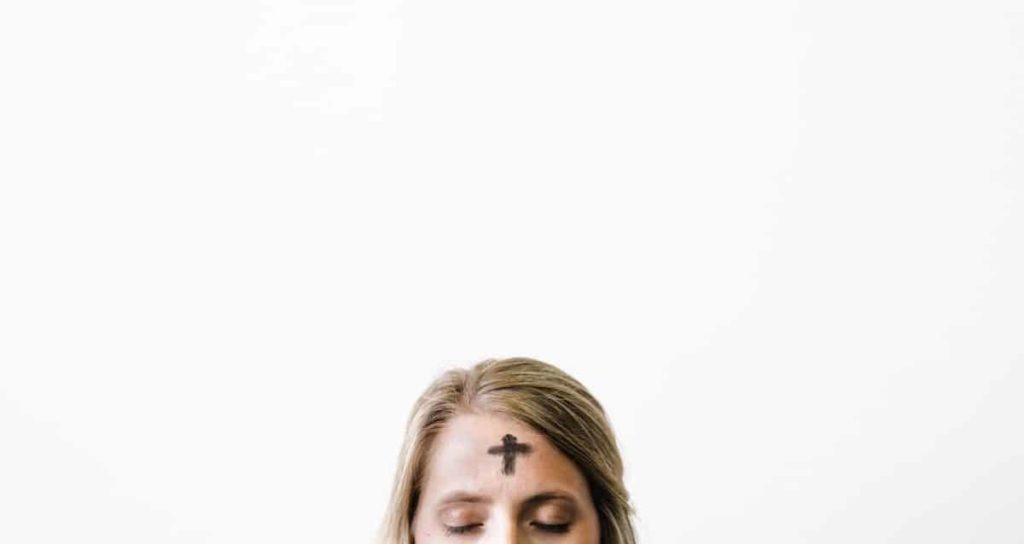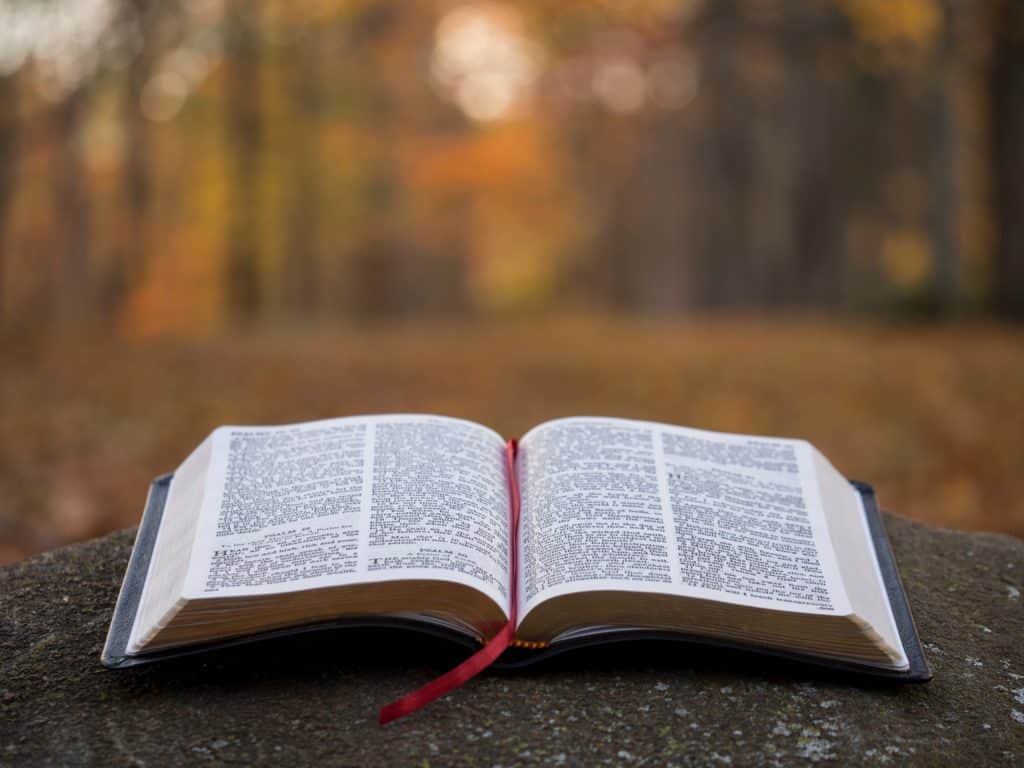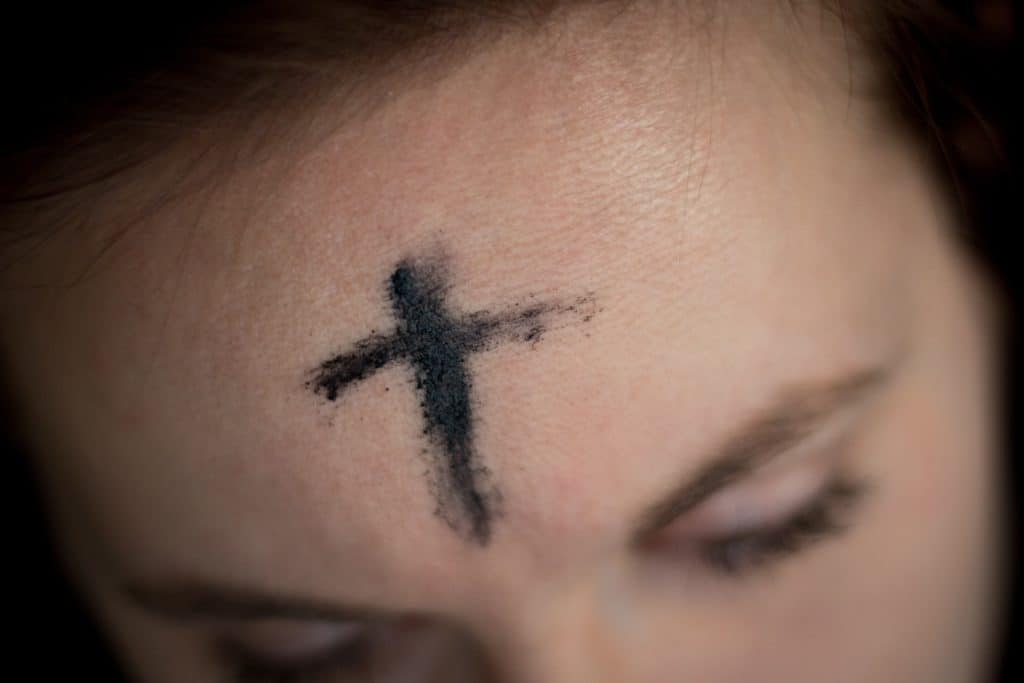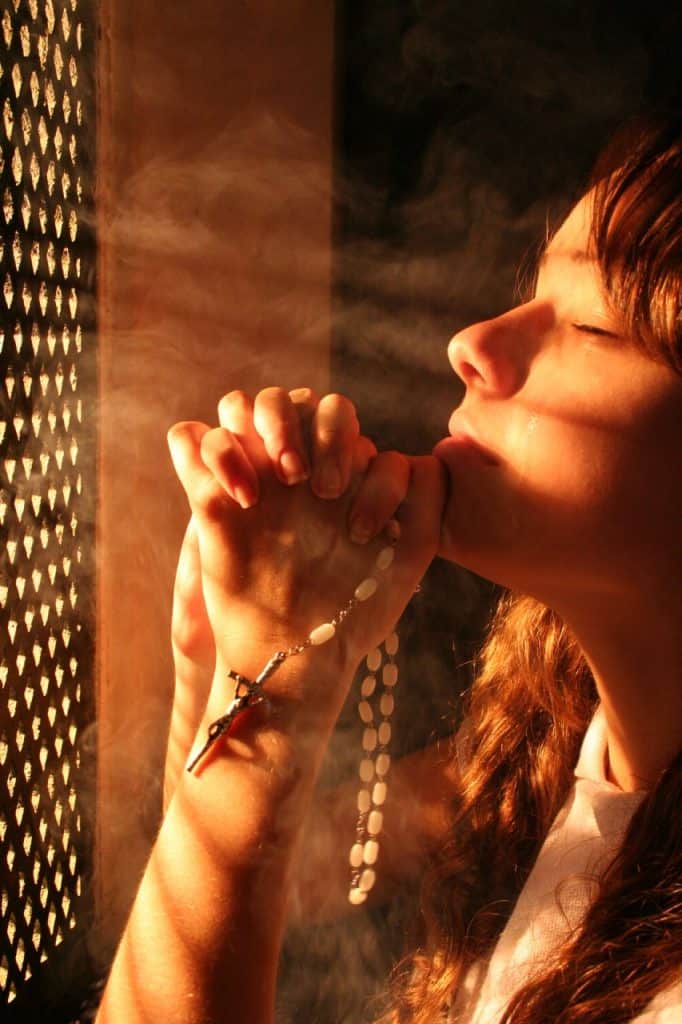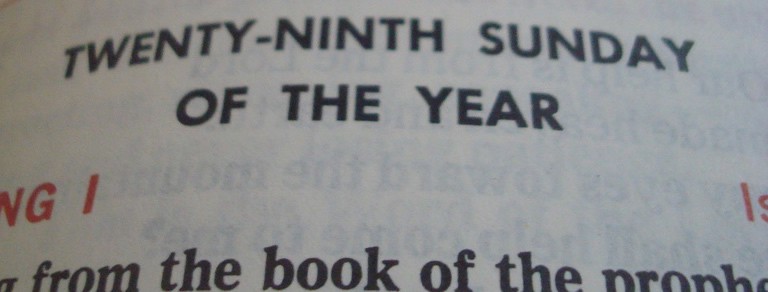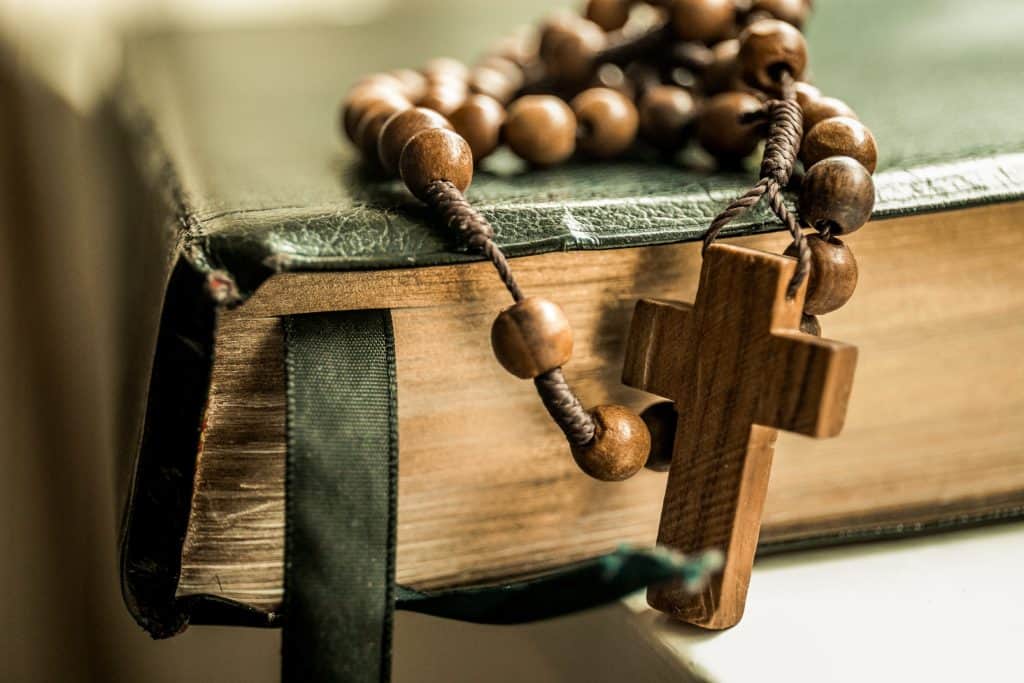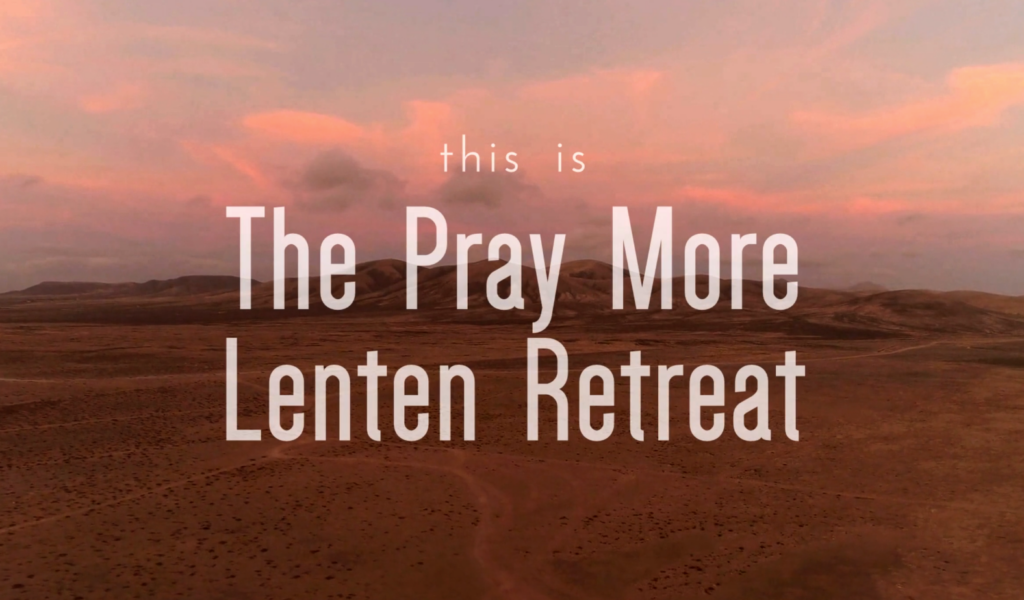An Important Event: The Easter Vigil
Holy Saturday may not sound as important for others, but it is a significant day indeed. This day marks the last day of Lent and Holy Week. It is the day between Good Friday and Easter Sunday. During Holy Saturday, the altar is still completely bare. Holy Communion is not given to anyone except during […]
An Important Event: The Easter Vigil Read More »
